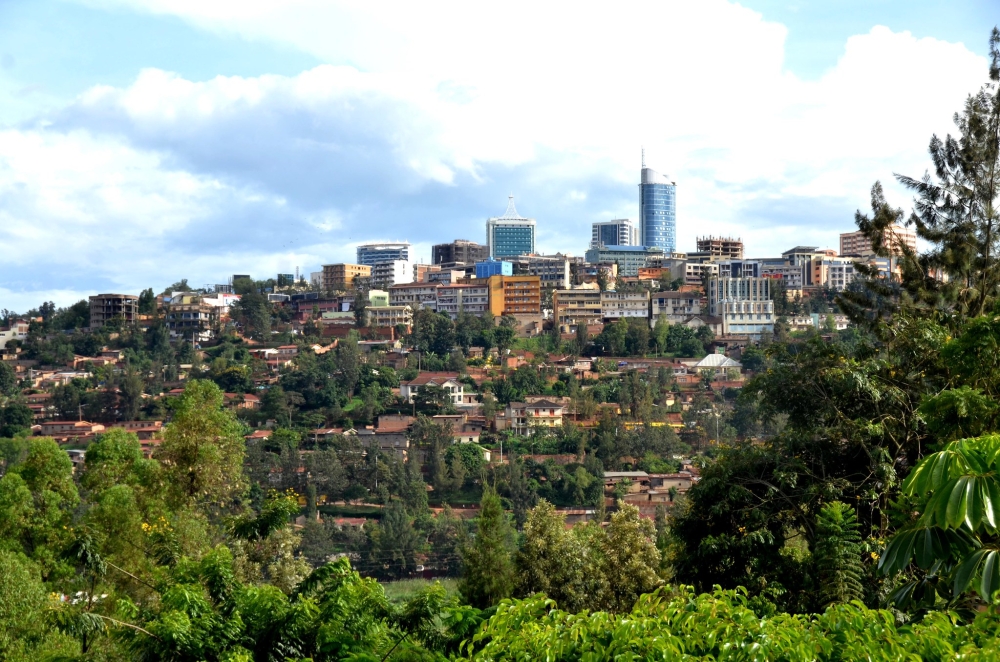

Rather than repossessing unused or undeveloped land from its owners, the government should provide alternative solutions, Annie Kairaba, the Executive Director and Founder of Rwanda Initiative for Sustainable Development (RISD), has told The New Times.
ALSO READ: What you need to know about termination of land ownership contracts
Kairaba emphasized that more than 75 per cent of Rwandans still depend on land for their livelihood, making land requisition a sensitive issue.
She said: "Although it is well understood that over 95 per cent of Rwandans own land through leasehold, which allows the state to repossess land at any time for public interest, people still depend on their lands.
"The government has a responsibility to care for both its people and promote the economic and social development of the land. Rather than promote requisition from people who cannot utilize their land, the government should offer alternative ways for landowners to develop their properties.”
ALSO READ: Property owners near Amahoro Stadium given deadline for ‘housing redevelopment’
Among the alternative ways, she suggested things such financial plans that support landowners facing financial constraints, particularly the youth, in property or real estate investment.
"This could include affordable financial schemes or joint investment opportunities. This way, the government helps reduce poverty and supports people to develop their land.”
Property owners near Amahoro Stadium have called for a one-year grace period after the City of Kigali ordered them to submit housing redevelopment designs within two months in accordance with the city’s master plan. The city’s directive requires landowners to begin construction activities within one month of obtaining their permits.
Failure to comply, they were warned, will trigger enforcement of the 2021 land law, which allows the government to repossess undeveloped land.
ALSO READ: Property owners seek grace period as govt pushes for housing redevelopment near Amahoro stadium
Kairaba pointed out that barriers such as unresolved disputes, absent landlords, holding land for market speculation, and lack of financial means are the main reasons that can prevent landowners from effectively utilizing their land.
While the temporary requisition targets land intended for agriculture, livestock, or forestry exceeding five hectares, Kairaba noted that this should not primarily concern the City of Kigali.
"This does not seem to primarily concern the City of Kigali as most parts that should be targeted in the city are areas for urbanization such as informal settlements; some plots small and big in high end that [are] undeveloped.”
She also urged for changes in the way land disputes are handled by government institutions so as to reduce corruption, speed up the resolution process, and ensure fair management of disputes.
"Government institutions should change their attitude toward land dispute management, including reducing corruption in local leadership and institutions responsible for land administration, up to the central level of the National Land Authority (NLA),” Kairaba said.
She emphasized the importance of timely dispute resolution, suggesting that just as mediators are given three months to resolve land-related disputes, these institutions should also be permitted a specific timeframe to prevent land from remaining redundant due to unresolved disputes.
ALSO READ: Land disputes now resolved differently pursuant to new land law in Rwanda
Kairaba stressed the need to balance landowners' rights with national development goals and raised concerns about potential conflicts from permanent termination.
"The permanent termination process, which takes up to five years, is prone to triggering disputes or conflicts and can lead to a traumatized society,” she said.
A July 2024 ministerial order further stipulates that land in prime areas or areas designated for master plan implementation must be developed or risk being forfeited.
ALSO READ: City of Kigali vows to repossess unexploited prime land property
If the land remains unused, a property valuer will assess it, and the owner will be compensated, minus the cost of any previous works done.


